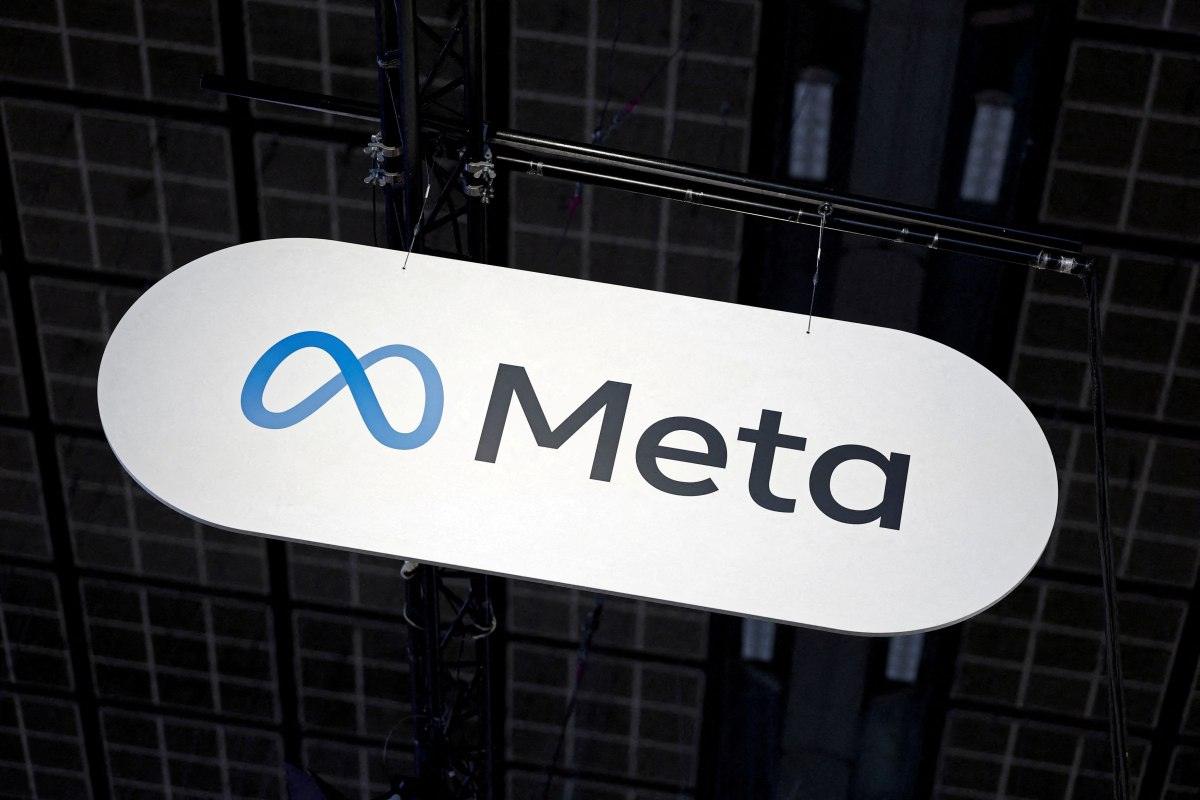After the first quarter of 2026, Greece will begin publicly naming public entities that fail to pay private suppliers on time. The state’s overdue debts to individuals and businesses have now exceeded 3.8 billion euros—including tax refunds—creating an “invisible noose” around the economy. Hospitals, insurance funds, municipalities, and public organizations remain the worst offenders, despite repeated warnings from the Finance Ministry.
Digital Platform to Track State Arrears
A new digital platform is set to transform how public-sector debts are monitored. It will record, in real time, every invoice, payment, and delay across all branches of government. For the first time, each ministry, municipality, and agency will log its financial obligations electronically, giving the Finance Ministry a complete overview of the state’s liabilities.
By spring 2026, all public bodies—from hospitals and state utilities to social security funds—will be fully integrated into the system. Every debt will be automatically recorded from the moment it arises, complete with date, amount, and creditor, ending decades of opacity in public finances.
Oversight Committee and Public Disclosure
An independent Debt Oversight Committee will supervise the flow of payments, identify chronic late payers, and recommend corrective measures or sanctions. The key milestone comes after March 2026, when the names of noncompliant entities will be made public. Agencies delaying payments for more than 90 days will be listed online, along with details of the amounts owed, the duration of the delay, and the reasons behind it.
The Numbers Behind the Problem
As of August, total overdue obligations of the general government reached 2.95 billion euros—up from 2.81 billion euros in July—while tax refunds brought the total to 3.8 billion euros. Hospitals remain the “sick man” of the system, with debts climbing from 1.49 billion euros in July to 1.63 billion euros in August, despite reforms meant to streamline payments.
































![Ελβετικό φράγκο: Τα SOS για να ρυθμίσετε το δάνειο – Τα κριτήρια [πίνακες]](https://www.ot.gr/wp-content/uploads/2026/02/ot_elvetiko_fragko2-1.jpg)






